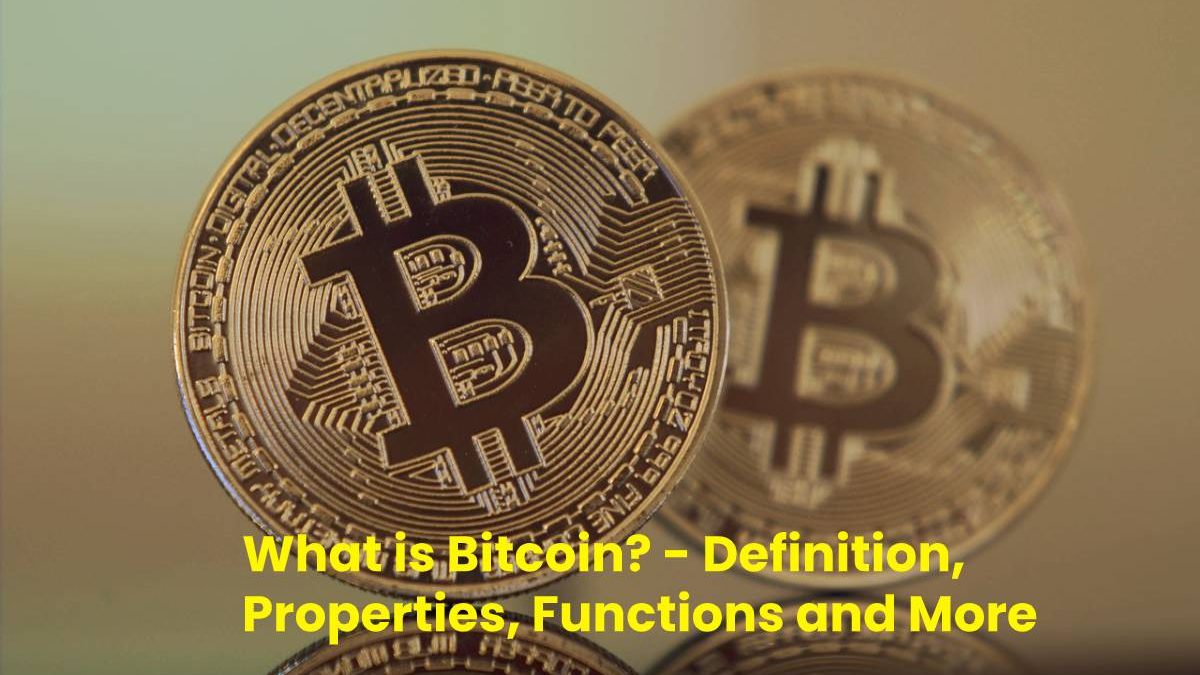Table of Contents
Definition Bitcoin
Bitcoin is a kind of cryptocurrency. It is a digital file stored in an application(digital wallet) that we can send to a single administrator, user to user on the peer-to-peer.
What is Bitcoin in a nutshell
It is no surprise that Bitcoin emerged in 2008 right after Occupy Wall Street accused large banks of improperly using borrowers’ money, tricking customers, manipulating the system, and charging overwhelming fees. Bitcoin inventors wanted to make the seller in charge, remove the intermediary, cancel interest rates, and make transactions transparent, to cut corruption and eliminate fees. They created a decentralized system, where you can control your funds and know what is happening. Curious about the up-to-date bitcoin price? If you want to know how much is 1 BTC to USD or any amount, like 0.001 BTC to USD, use a crypto converter.
Bitcoin has gone far in a short time. Companies worldwide from REEDS Jewelers, a large jewelry chain in the United States, to private hospitals in Warsaw, Poland, accept their currency. Billionaire merchants such as PayPal, Dell, Expedia, and Microsoft uses it. Bitcoin Magazine is one such publication publish their news, forums discuss cryptocurrency and, trade their currencies. It has an application programming interface (API), price index, and exchange rate.
Problems include hacking account theft, transaction delays, and high volatility. Also, people in third world countries find Bitcoin as the most reliable channel to send and receive money.
What is Bitcoin in-depth?
It is a virtual currency. You can make transactions by cash, check, or transfer. In Bitcoin (or BTC), you can direct the buyer to your business, which is a line of encrypted security code with 16 symbols. The buyer can decode the code with his smartphone to get your cryptocurrency. The transaction acquires its security and confidence by running on a peer-to-peer computer network that is similar to BitTorrent, Skype, or a file-sharing system.
Transactional properties:
1.) Irreversible: After confirmation, you cannot reverse the transaction.
2.) Pseudonyms: Neither transactions nor accounts can connect to real-world identities
3.) Fast and global: Transactions are propagated almost instantaneously on the network and get confirmed in a few minutes.
4.) Insurance: Bitcoin funds are locked in a public key cryptography system. Only the owner of the private key can send cryptocurrencies
5.) Without permissions: You don’t need to ask anyone to use cryptocurrencies. It is free software that anyone can download. After installing, you can receive and send Bitcoins or other cryptocurrencies.
The creator of Bitcoin discovered a way to allow two entities to trade confidentially directly with each other.
Where can I find Bitcoins?
A cryptocurrency bag where you can exchange ‘regular’ coins for bitcoins, or for satoshis, which are like BTC cents. Resources: Coinbase and Coinsquare in the United States and Canada, and BitBargain UK and Bittylicious in the United Kingdom.
At the Bitcoin ATM, you can exchange Bitcoins or cash for another cryptocurrency. The best options are CoinCorner and BTER. It is a classified service where you can find a seller that can help you exchange Bitcoins for cash.
How does Bitcoin work?
Without going into many technical details, Bitcoin works in a massive public ledger, also called a blockchain. Where all confirmed transactions get included as ‘blocks.’ As each block enters the system, it gets broadcast to the network of peer computer users for confirmation. All users know each transaction, which prevents double-spending and theft. The process also makes blockchain users trust the system.

